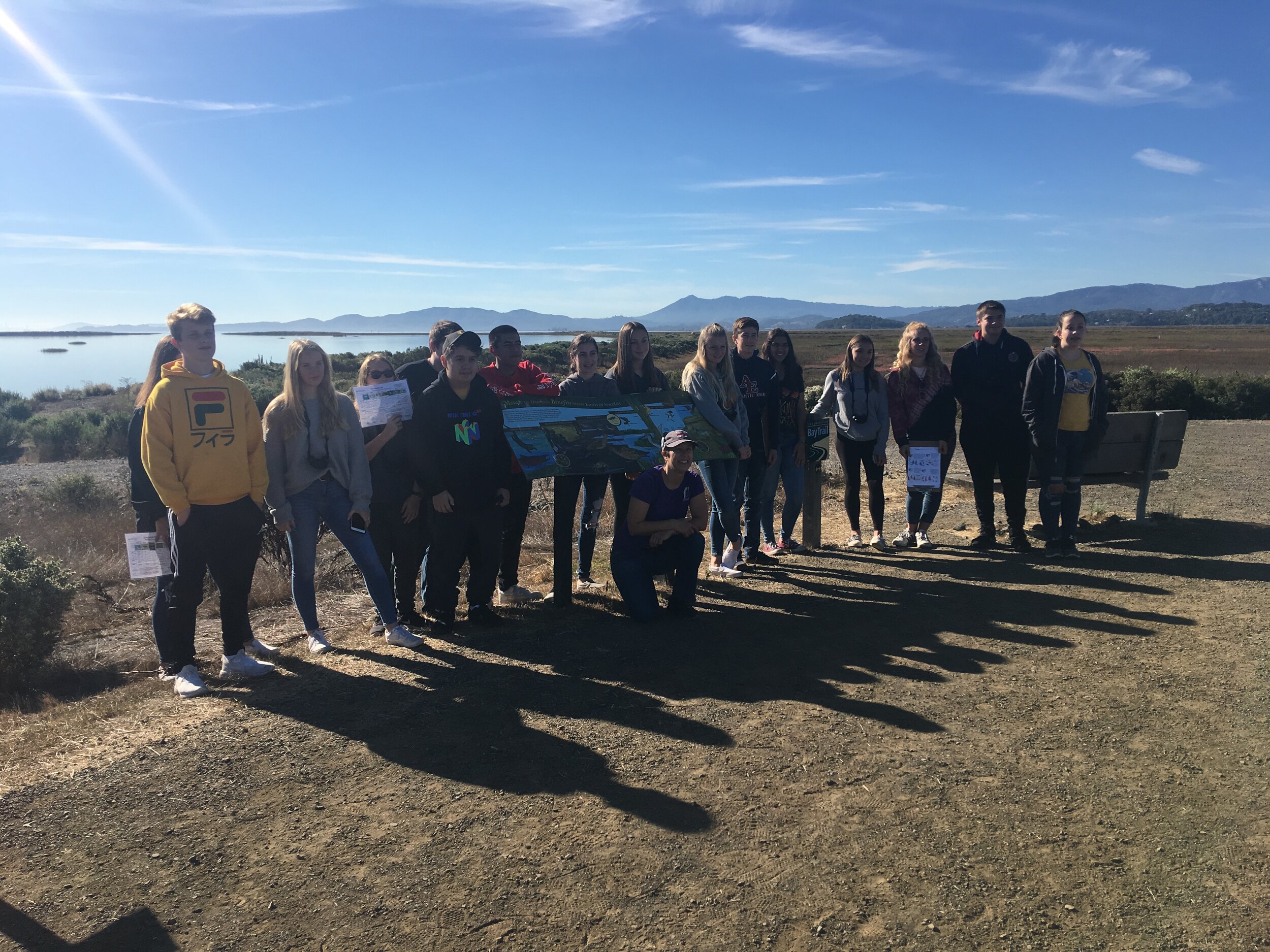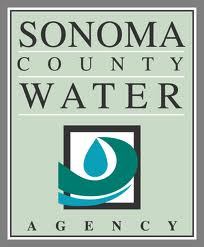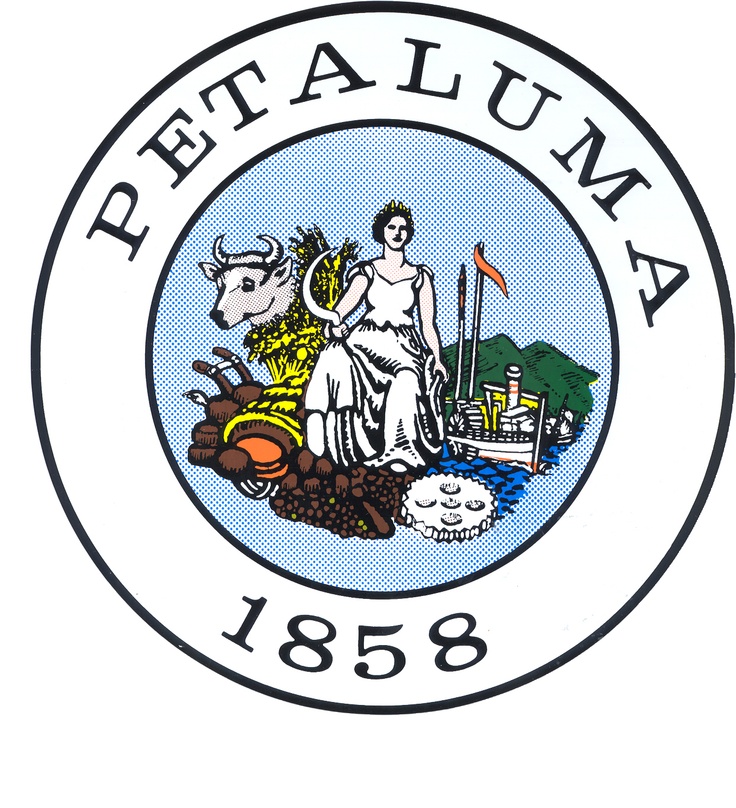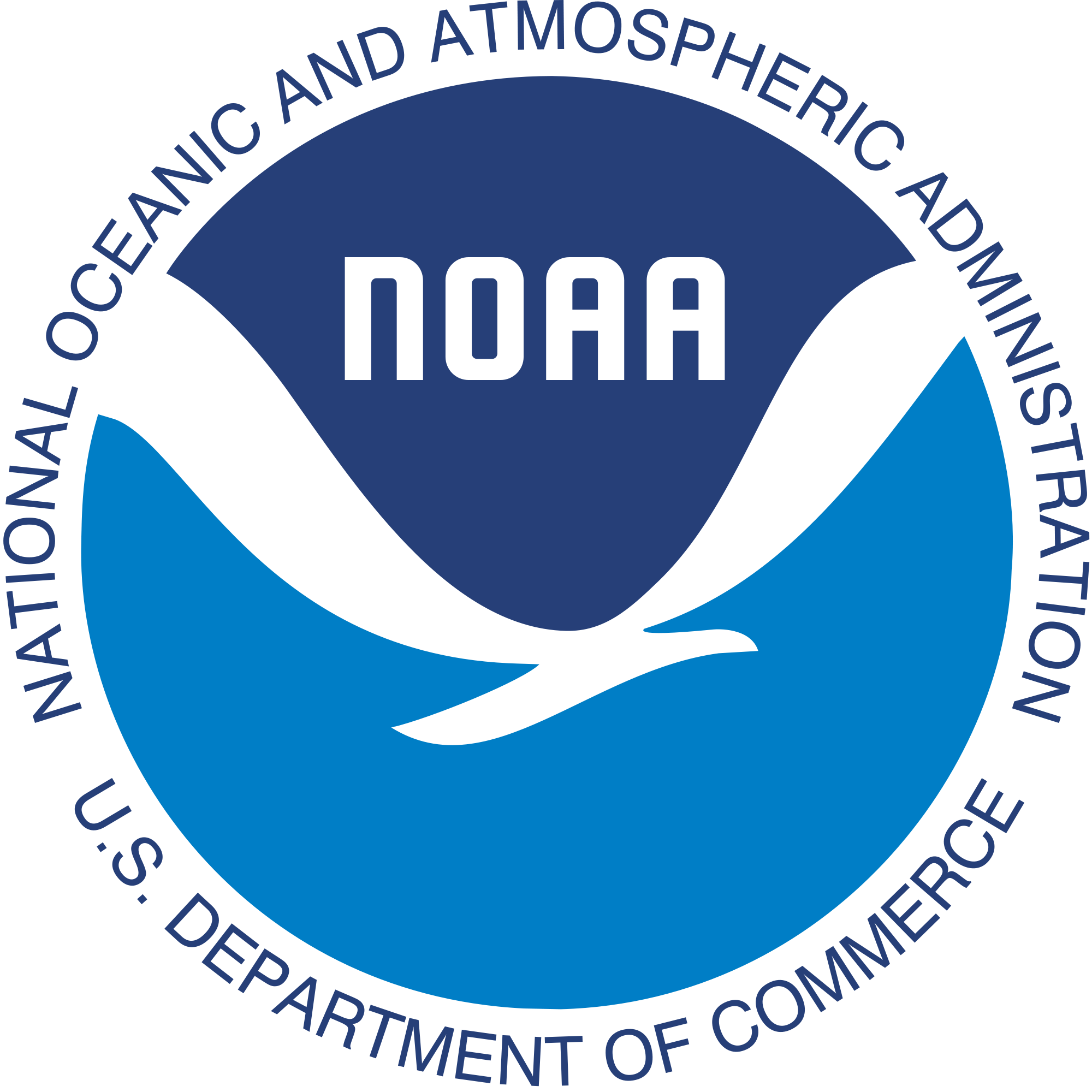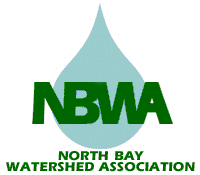PHS Students visit Ellis Creek
/Last week students from Petaluma High School visited the Ellis Creek Water Recycling Facility in Petaluma as part of the Watershed Classroom curriculum. Teacher Kris Camacho took three of her AP Environmental Science classes to the facility, where she assigned each of her students to write a report where they noted observations and made connections between what they learned during the field trip and their course work. Students were specifically asked to focus on connections with the hydrologic cycle and the use of water quality technology to address current environmental issues.
Ellis Creek Water Recycling Facility is a $115 million facility that was completed in 2009 as a replacement for Petaluma’s older wastewater treatment facility on Hopper Street, and is operated and managed by the Petaluma Department of Water Resources and Conservation. The facility runs around the clock, 7 days a week, producing approximately 5 million gallons of treated water daily that can be reutilized throughout Sonoma County. The plant combines natural wetland processes with cutting-edge water treatment technology to process high volumes of residential and industrial wastewater that is collected via 200 miles of underground pipelines.
The wastewater is treated using a tertiary system that involves different stages of filtration, anaerobic and aerobic treatment and ultraviolet light disinfection. Methane gas produced as a byproduct of the secondary treatment stage is collected and used as fuel for the plant boiler in order to reduce the plant’s greenhouse gas emissions and energy costs. During certain times of the year, particularly during months of heavy rainfall, water treatment continues in the facility’s on-site holding ponds, which also provide important habitat for several bird species. Once the disinfected water has met the State of California’s stringent treatment standards, it can be used for irrigation for farmlands, vineyards, golf courses, schools and public parks.
The treatment of our wastewater is something that most individuals take completely for granted— every time we take a shower, wash the dishes or flush the toilet, we simply go about our daily lives without really realizing the amount of capital, infrastructure and manpower it requires to safely and effectively transport and treat our used water. The field trip to the Ellis Creek Water Recycling Facility truly gave all those who attended a new and interesting perspective on what exactly happens to our water once we are ‘done’ using it. Especially during this time of drought, it is a refreshing relief to learn that establishments such as Ellis Creek work day in and day out to give our precious water resources a second life after they have left our homes and businesses.
By Akasha Schulze-Boysen
